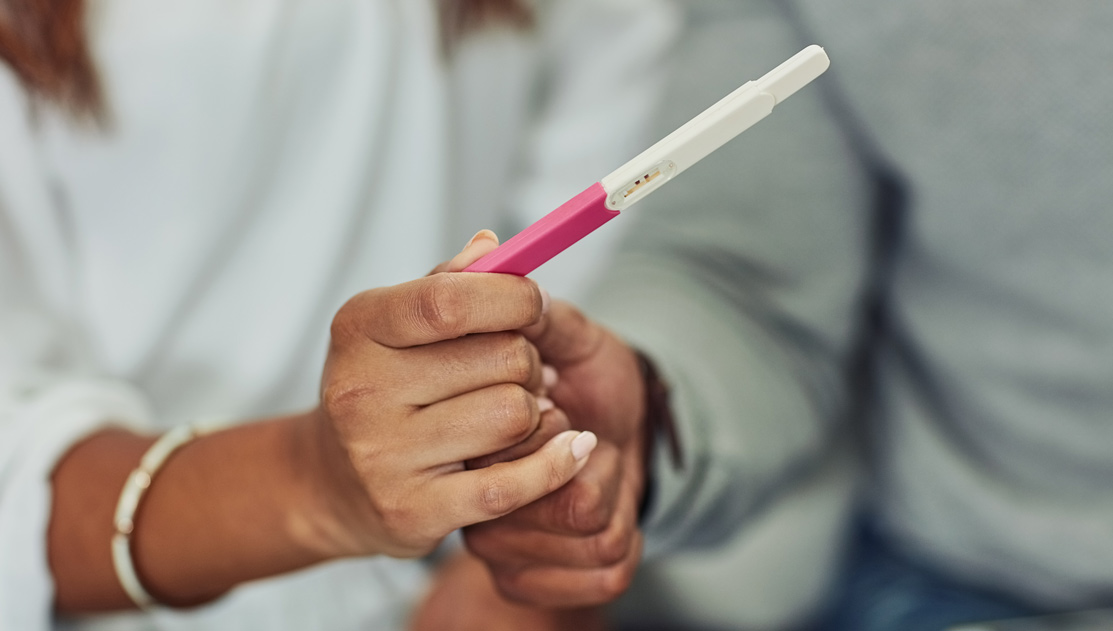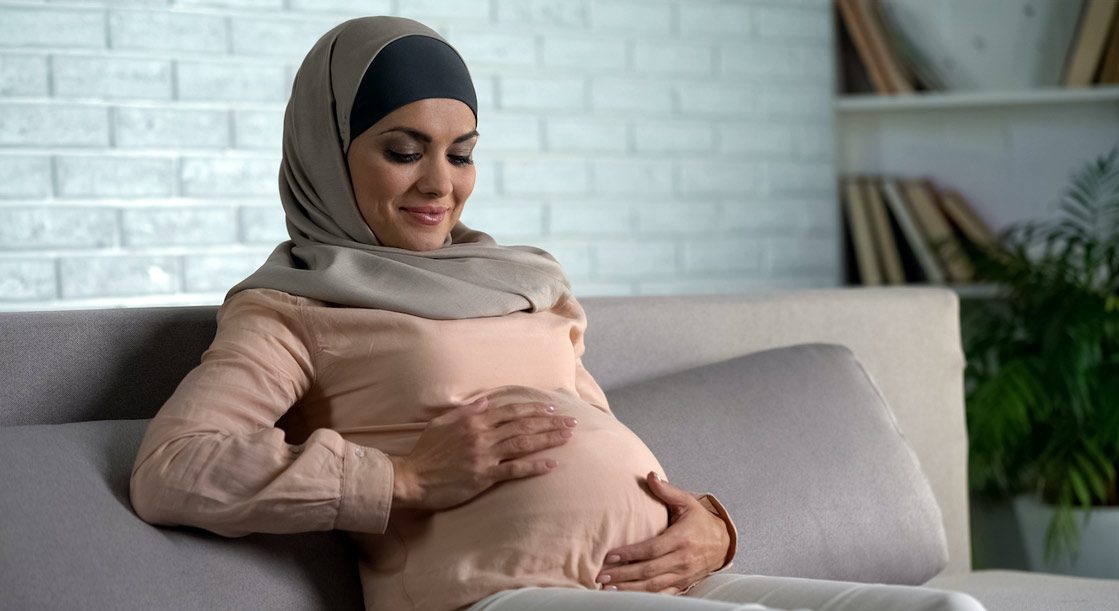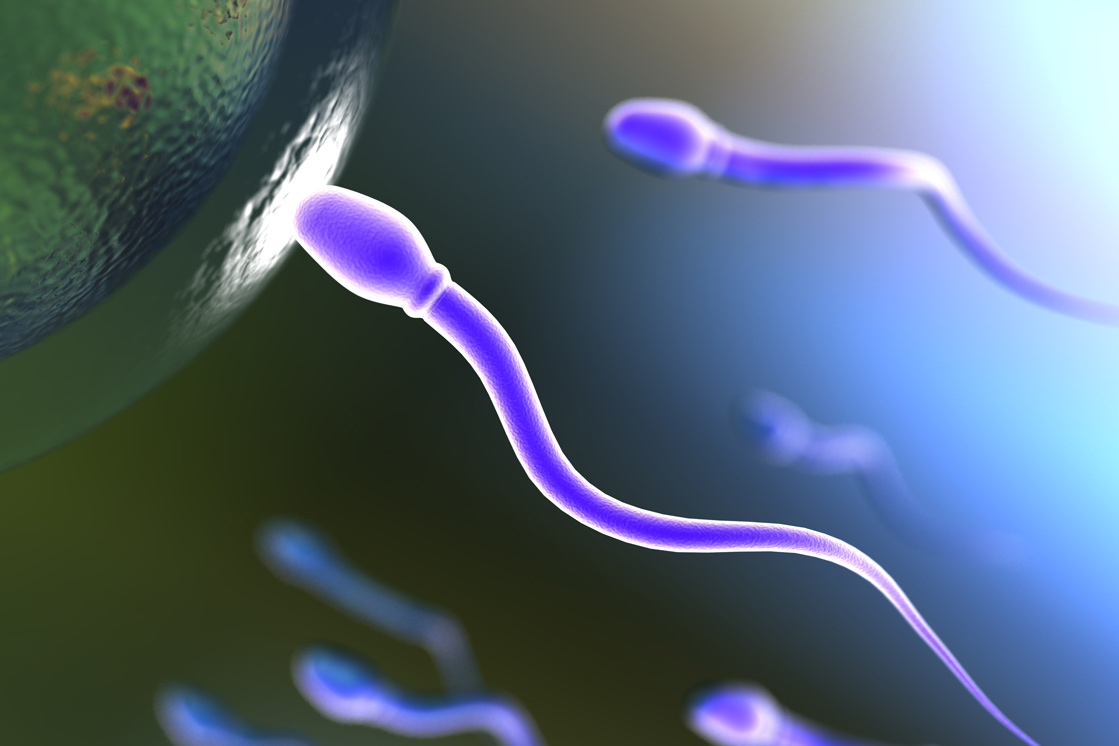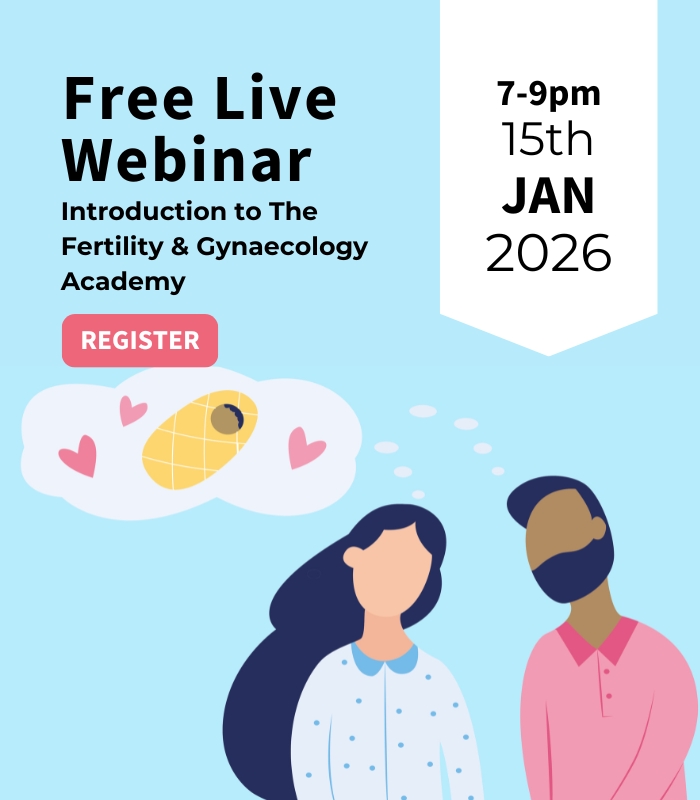If you’re trying to get pregnant then it’s likely you’ve heard of the ovarian reserve and that it is important to a woman’s fertility and her chance of getting pregnant. But what is the ovarian reserve and why does it matter?
Every woman is born with a finite number of eggs in their ovaries. This egg supply, known as the ovarian reserve, can be influenced by both genetic and environmental factors. In addition, it also naturally decreases with age. This decline can start as early as age 30, becoming more pronounced over the next 10 years or so. It’s normal for most women to have reduced ovarian reserve and fertility by their mid-40s, as perimenopause begins.
If you’ve been trying to get pregnant without success, ovarian reserve testing by a blood test known as the AMH test, and an ultrasound scan to count the small follicle in both ovaries (Antral Follicle count – AFC), when combined with a consultation, will provide an insight into your fertility levels and the likelihood of conceiving. We at The Fertility & Gynaecology Academy want to help you on your journey to motherhood and give you peace of mind along the way.
What is ovarian reserve testing?
Ovarian reserve testing can give an idea as to the amount of eggs a woman has remaining in her ovaries. The ovarian reserve can be assessed through a combination of blood tests and an ultrasound scan.
Hormone blood tests
Ovarian reserve testing involves simple blood tests to measure an important hormone: Anti-Mullerian Hormone (AMH).
AMH is a substance produced by the follicles (the small cysts that contain the eggs). The higher your levels of AMH, the more eggs and higher ovarian reserve you have. Lower AMH levels means you have fewer eggs and a lower ovarian reserve. AMH can be measured at any time in your menstrual cycle.
Blood test results alone are not enough to determine one’s fertility. They also do not indicate whether there are any physiological issues preventing you from conceiving. The most accurate way to measure your fertility is to seek guidance from a fertility doctor, who will consider AMH levels as one of many different factors, including lifestyle and medical history.
Your fertility doctor may suggest combining AMH test with a transvaginal ultrasound that can indicate not only Antral Follicle Count (AFC), but any physiological issues. It’s another way of finding out where you might be in the reproductive ageing process and is best performed at the start of your menstrual cycle. AFC varies from woman to woman, but the average AFC for women in their 20s is 15-30, with a figure of 9-15 for those aged 35 to 40, and 4-10 for women aged between 41 and 46. As you can see, AFC naturally diminishes with age, but in women with low ovarian reserve, the number of antral follicles is typically lower than expected for their age.
It’s important to note that AMH and AFC aren’t the only predictors of your chances of pregnancy – there are many other factors influencing your potential for conceiving. These include your age, health, and lifestyle. AMH also only measures your ovarian reserve and doesn’t indicate the quality of the eggs.
What is low ovarian reserve?
You may be wondering what low ovarian reserve is and why it matters. A woman is considered to have low ovarian reserve if she has fewer eggs in her ovaries compared to other women her age. There are some factors that can contribute to diminished ovarian reserve, such as:
- Genetic disorders
- Autoimmune conditions
- Family history of early menopause
- Ovarian surgery
- Smoking
- Ovarian damage caused by endometriosis, pelvic infection, and other diseases
- Cancer treatment such as radiation or chemotherapy
Low ovarian reserve generally has no symptoms – although some women may find they are having shorter periods. In most cases, the only way a woman can find out if they have diminished ovarian reserve is through testing at a hospital or clinic. This usually happens once a couple has been trying to get pregnant for a while without success.
Dr Amin Gorgy, Fertility Consultant at The Fertility & Gynaecology Academy says: “If a woman is found to have low ovarian reserve, this doesn’t necessarily mean they will struggle to conceive and need fertility treatment. Equally, having good ovarian reserve isn’t a guarantee that it won’t take time for a woman to conceive or that they won’t need fertility treatment.”
There is also more to fertility than the ovarian reserve and other conditions that cause physical changes to the body can also impact fertility. These include:
- Endometriosis
- Polycystic Ovary Syndrome (PCOS)
- Fibroids
- Pelvic Inflammatory Disease (PID)
- Blocked or damaged fallopian tubes
- Thyroid disorders
A diagnosis of low ovarian reserve doesn’t automatically mean the end of the road for your fertility journey. We at The Fertility & Gynaecology Academy can help and support you in a number of ways.
What fertility treatment is available for low ovarian reserve?
Unfortunately, it is difficult to increase a woman’s ovarian reserve. But meeting with a fertility expert means you can start putting together a plan that will help you achieve your dream of having a child. This may include lifestyle changes combined with assisted conception techniques. Available treatments that your fertility doctor may discuss with you to help increase your chances of falling pregnant include:
- Stimulated intrauterine insemination (IUI): also known as artificial insemination, IUI is where sperm is injected directly into the womb. The desired outcome is that the sperm and egg fertilise in the uterus, leading to pregnancy.
- In vitro fertilisation (IVF): IVF is one of the most commonly used and successful treatments for those with fertility issues. It’s similar to IUI, with the difference being that fertilisation takes place outside the body. The eggs are collected and mixed with sperm in a laboratory, with the strongest fertilised embryo then being transferred to the uterus. We can try to improve the number and the quality of retrieved eggs by prescribing DHEA tablets and growth hormone injections. The preparation should start well before the IVF cycle.
- Ovarian rejuvenation: This can increase the number of eggs in an IVF cycle and improve the egg quality. It involves injecting Platelet Rich Plasma (PRP) preparation directly into the ovaries. Alternatively, we can use Mesenchymal Stem Cells (MSC) from the subcutaneous fat through liposuction or exosome prepared from the blood.
- IVF using donor eggs: this treatment could be helpful for women unable to produce follicles during ovarian stimulation. A donor’s eggs can be fertilised in the lab using sperm from your partner, with the fertilised embryo then implanted in your uterus.
Seek help today
Here at The Fertility & Gynaecology Academy we understand the frustration when conception doesn’t go quite to plan. Speak to us today to find out whether low ovarian reserve is the cause of your difficulties, and how we can help you achieve your dream of expanding your family. Once we have identified the problem, we can tackle it head on.
To book a consultation with one of our expert team, call 020 7224 1880 or email info@fertility-academy.co.uk.









